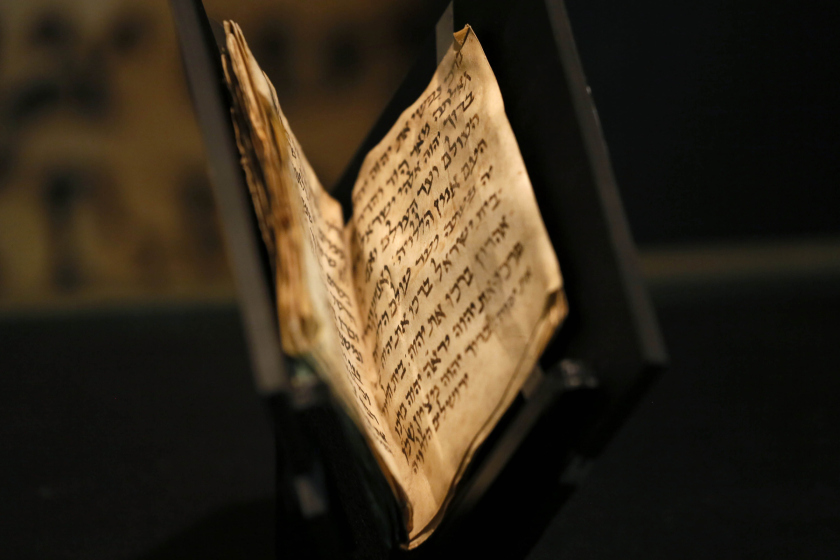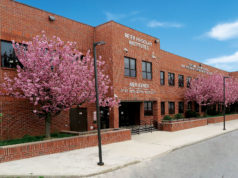When Joseph Dabby arrived in America from Iraq in 1972 and found his way to Kahal Joseph Congregation in Los Angeles, he was shocked.
“It was like being back in the Old Country,” he said. “It was full of people who didn’t even speak the same language; they were very far removed from their roots, but they maintained everything the same—the same melodies and the same traditions.”
Kahal Joseph is a Sephardic melting pot of a synagogue—a shul whose members and 25 Torah scrolls come from such remote places as China, Japan, India, Indonesia, Singapore and Iraq. But as disparate as all these locales are, all Kahal Joseph members share a common heritage: the Jewish Baghdadi tradition.
Baghdad, Iraq has one of the oldest Jewish communities in the world. Jews have lived in the Iraqi capital since the destruction of the first Temple.
“We are called Babylonians because we trace ourselves back to the destruction of the first Temple, when Babylonia’s [King] Nebuchadnezer destroyed the Temple and brought the cream of Jewish society to be slaves in Iraq,” Dabby said.
This was also the time that the Jewish Baghdadi customs started to develop. A tradition of Jewish learning reached its greatest time with the publication of the Babylonian Talmud in the third century. Soulful, emotional melodies from this time have survived thousands of years and are still sung today.
But the board of Kahal Joseph is finding that reliance on ancient traditions is not enough to ensure the survival of a synagogue.
“We need to bring in young families,” Dabby said. “Now we get them here because of loyalty, because of their parents, but when they have children, their children go to school and become more intellectual; if we don’t provide the proper services, then they go away and we lose them. And if we lose them, then we lose the synagogue, because they are the next generation. We are really looking for a new beginning now. We need to rejuvenate young members who are starting new families, to have the synagogue give them something so they can keep it going rather than move to other synagogues.”
The new beginning is coming in the form of a new rabbi, Rabbi Haim Ovadia from New York.
Ovadia, 36, was born in Jerusalem and raised in an Iraqi family that instilled in him knowledge of the Baghdadi traditions. He is also college educated and is currently in the midst of pursuing a Ph.D. in Jewish history at New York University. Dabby and his board are hoping that young families find this mix enticing.
“Rabbi Ovadia is very intellectual, and very open-minded,” Dabby said. “And we really have big hopes that he will make a big difference for us, that he will be able to question things and bring in our young people—who are really the ones who question things. My generation may go by faith and accept things. But the new generation is talking about many issues which our old rabbis don’t know how to deal with. We hope that this rabbi will be able to be more current.”
Ovadia will begin his tenure at Kahal Joseph on Rosh Hashana, when he will officiate alongside Kahal Joseph’s two cantors, Chazan Aryeh Ovadia (no relation), and Chazan Sassoon Ezra. While the cantors will be singing the melodies from the Old Country, Rabbi Ovadia will be working to make the service more user-friendly by explaining the services in English.
“We did not have that before, and we are very happy about it, because we need it,” Dabby said. “There are a lot of people who grew up reading Hebrew, knowing the prayers, but not knowing what they meant—so we are very excited that the rabbi is going to explain everything as we go along.”
For Rabbi Ovadia, this move to Los Angeles presents him with a challenge. “I hope to be able to create a sense of unity in the shul,” he said. “I want to be able to unite the people around the central theme of being an Orthodox, modern Jew in the 21st century, and in order to do that we have to maintain the Iraqi traditions, with modern ideas. I hope to make the shul into a really active, dynamic place, where everyone can feel that they belong.”



